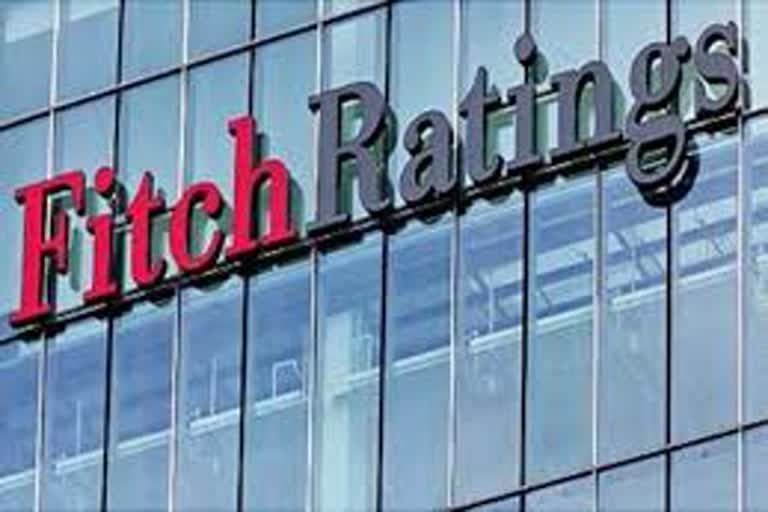New Delhi:India's budget outlined some reforms that could support the economy, but its fiscal stance was left broadly unchanged with no plans for meaningful consolidation, Fitch Ratings said on Wednesday.
The budget, presented in Parliament on July 5, indicates that the BJP will continue its economic reform efforts in its second term and avoid the fiscal loosening that might have been expected given the country's sluggish growth, lower lending by non-bank financial institutions and election promises to support rural voters, it said.
"However, it falls short of signalling prospects for significant fiscal consolidation in the next few years. The medium-term fiscal deficit targets of 3 per cent in 2020-21 and 2021-22 make it highly unlikely, in our view, that the debt ceiling of 60 per cent for general government debt will be met by 2024-25, as stipulated in the Fiscal Responsibility and Budget Management (FRBM) Act," Fitch said in a statement.
Plans to support growth include Rs 100 lakh crore (USD 1.4 trillion) of infrastructure spending in the next five years and efforts to encourage foreign direct investment in certain sectors, including electronics.
The government also intends to reduce its ownership in some non-financial public sector entities and modify its policy of retaining at least 51 per cent direct holding. It will also inject a further Rs 70,000 crore into public sector banks.
Read more:Deposits in Jan Dhan accounts cross Rs 1 lakh crore
"India's new budget outlined some economic reforms that could support the economy, but its fiscal stance was left broadly unchanged, with no plans for meaningful consolidation," Fitch said.
